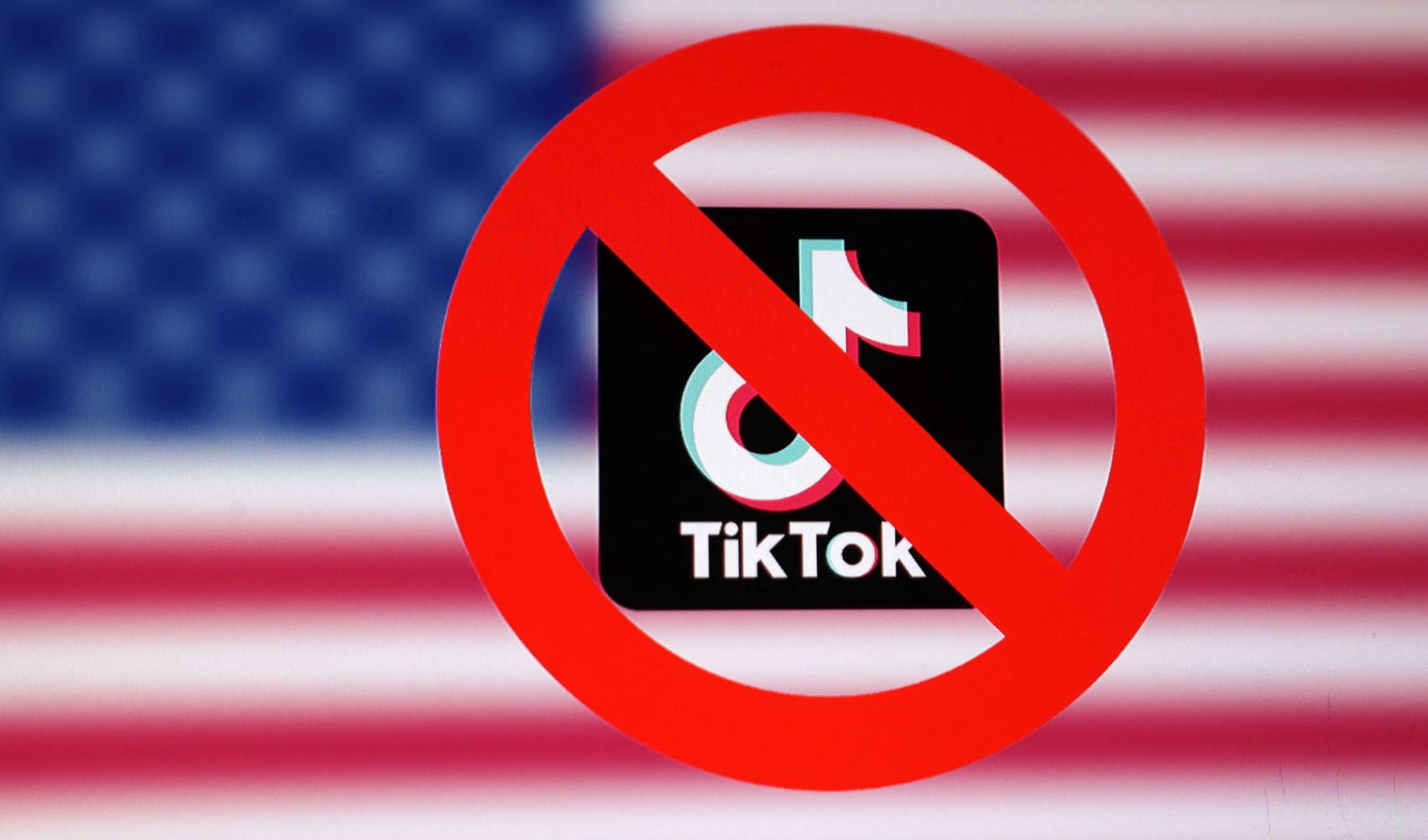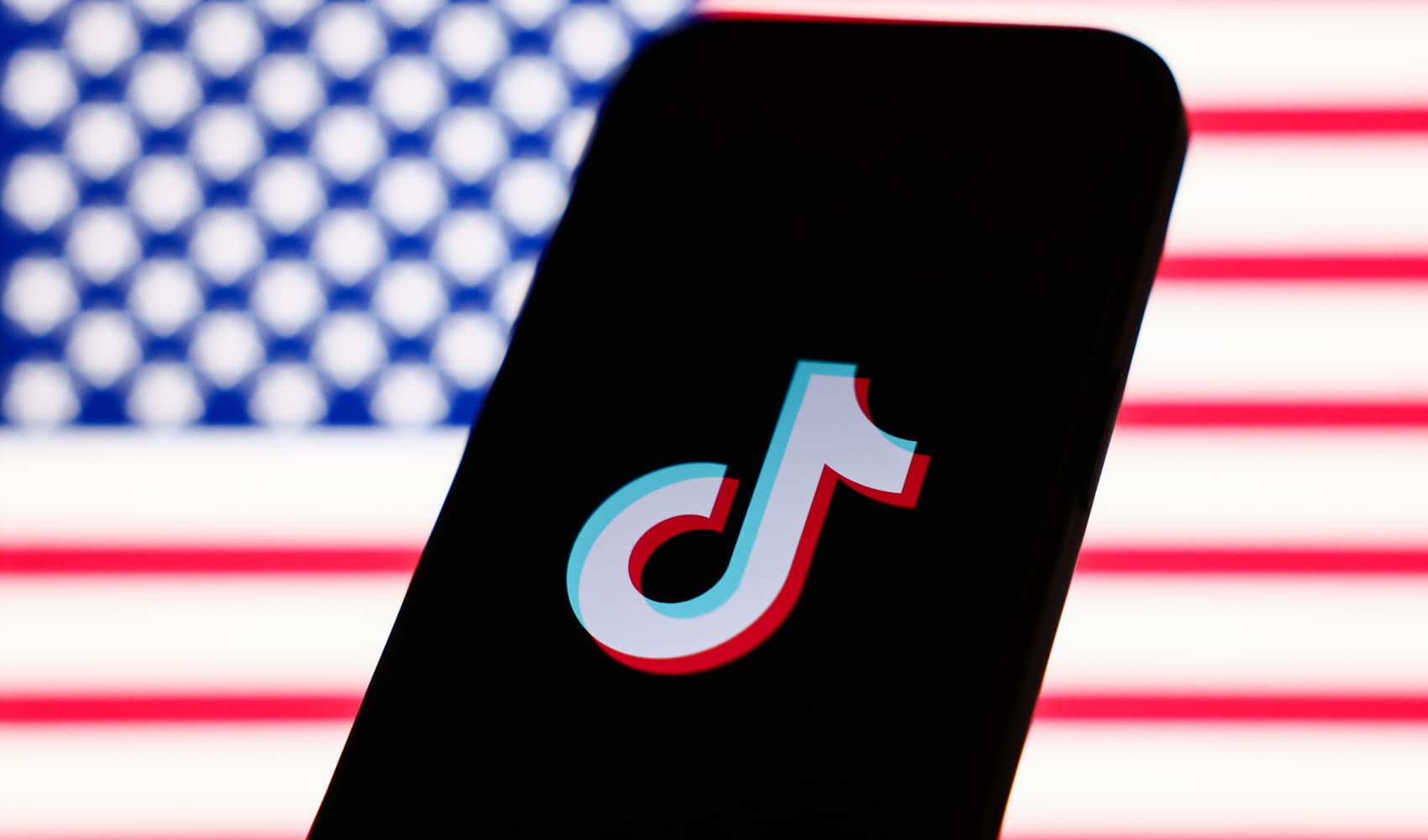
Why OpenAI is the first company to be No. 1 on the CNBC Disruptor 50 list two years in a row
- Only two companies have ever landed the top spot on the CNBC Disruptor 50 list twice: SpaceX, and now, OpenAI.
- OpenAI, the generative AI startup behind ChatGPT which saw its valuation rise from a reported $29 billion last year to more than $80 billion today, is the first Disruptor to be No. 1 in two consecutive years.
- After a dramatic boardroom battle for CEO Sam Altman in late 2023, the company has grown new products, services and business partnerships, helping to generate an estimated $2 billion in revenue.
It's a first for the annual CNBC Disruptor 50 list: a company landing at No. 1 for the second year in a row.
Perhaps no surprise, that company is OpenAI. More than any other startup in the 12-year history of the Disruptor 50 list, OpenAI's disruptive impact and potential is unparalleled.
What's distinct about the company and the AI revolution it's leading is that OpenAI is not working in opposition to incumbents but rather as a partner to tech giants and other large corporations. It's serving as an ally to help navigate and implement unprecedented changes, with new tools that can be customized for consumers and enterprise data sets.
Get top local stories in Southern California delivered to you every morning. Sign up for NBC LA's News Headlines newsletter.
OpenAI is not unique, but rather, represents a generation of AI startups that are aligned with the giants because of the compute power, and the massive funding, required to accelerate artificial intelligence learning. In fact, 34 of this year's Disruptor 50 companies describe AI as critically important to more than half of their revenue. Thirteen say that it is generative AI, specifically, that is critically important to the majority of sales.
OpenAI topped the list for an unprecedented second year due to the company's ongoing pace of innovation. In the past year, OpenAI has grown dramatically, announcing a range of new products and services related to its GPT large language model and business partnerships, as its consumer subscription option and a range of enterprise licensing deals have helped it generate a reported $2 billion in annual revenue.
Money Report
On Monday, OpenAI launched a new AI model and desktop version of ChatGPT, along with an updated user interface. In a livestream event, Chief Technology Officer Mira Murati said the new model, GPT-4o, is "much faster," with improved capabilities in text, video and audio. "This is the first time that we are really making a huge step forward when it comes to the ease of use," Murati said.
After a dramatic boardroom battle in November, in which CEO Sam Altman was ousted and then just a few days later brought back after outrage from investors and employees, the company strengthened its board and management structure, with Altman himself rejoining the board in March. The scramble to rehire Altman and his team revealed the depth of corporate and venture capital support for the OpenAI CEO as an innovator and leader.
Then in February, the company debuted its text-to-video generator Sora (later in the year, an audio AI, Voice Engine, was also unveiled in a limited test) and it completed a funding round that valued the company at a reported $80 billion, up from a reported $29 billion at the time it was named No. 1 on the Disruptor 50 list in 2023.
Altman has positioned himself as a thought leader in terms of AI regulation, after testifying last year before Congress about the need for smart and careful AI guardrails. And the company is at the center of a maelstrom of concern about artificial intelligence. OpenAI is the focus of regulatory scrutiny, with the FTC probing whether it broke consumer protection laws and the SEC looking at whether, during Altman's brief ouster, investors were misled. Meanwhile, the company has beefed up its legal team as it fights a range of lawsuits, from publishing companies, including The New York Times, and individual artists, such as author Jodi Picoult, suing over copyright violation.
But at the same time, OpenAI has struck new deals with IAC's publisher Meredith, parent of Food & Wine and People, and the Financial Times, to compensate them for the use of their IP, and to drive traffic back to their content.
AI's wave extends to many industries
This wave of AI innovation echoes that of the rise of the internet around the turn of the century, and mobile and cloud revolutions, but has some distinct characteristics. The current wave of AI disruptors, such as Databricks (No. 5 on this year's list), Anthropic (No. 7), Scale AI (No. 12), Cohere (No. 30), AlphaSense (No. 40) and Glean (No. 43) is marked by a rapid pace of change, with the progress made every year by large language models, as well as by their reliance on costly chips and infrastructure.
Unlike the founded-in-a-garage mythology that dominated the Googles and PayPals of prior tech cycles, these AI-driven companies need GPUs and data centers, which has led most of them to partner with giants ranging from Microsoft and Nvidia to Oracle, Salesforce, Amazon and Alphabet. As a result we may not see as many new entrants into the AI sector as so-called Web 1.0 and 2.0, but the companies that do succeed, like those on our Disruptor 50 list, have the potential to be far more impactful and disruptive.
This year's Disruptor 50 companies are using AI — and other key technologies, such as robotics and the cloud — across a wide range of industries.
Enterprise tech is the best-represented sector, with 14 companies on this year's list, including Databricks and AlphaSense, which are using AI to drive efficiencies and better mine data across key industries like finance.
Fintech is the second-best represented sector, with 10 companies on this year's list, including Brex (No. 4), Chime (No. 22) and Ramp (No. 32), which have integrated AI assistants to streamline consumer interactions, generate suggestions and advise on efficient corporate budgeting.
In the health-care and biotech space, there are eight companies, including ElevateBio (No. 8), Generate Biomedicines (No. 25) and Spring Health (No. 45), using AI to accelerate drug development and improve patient outcomes.
And we're seeing AI power the aerospace and defense industry. No. 2 on the list, Anduril, recently introduced new AI-powered drones, and uses an AI-powered operating system to infuse autonomy into a range of defense and security systems.
Just as every company, regardless of its industry, has become a tech company, pretty soon, every type of company will integrate AI.






